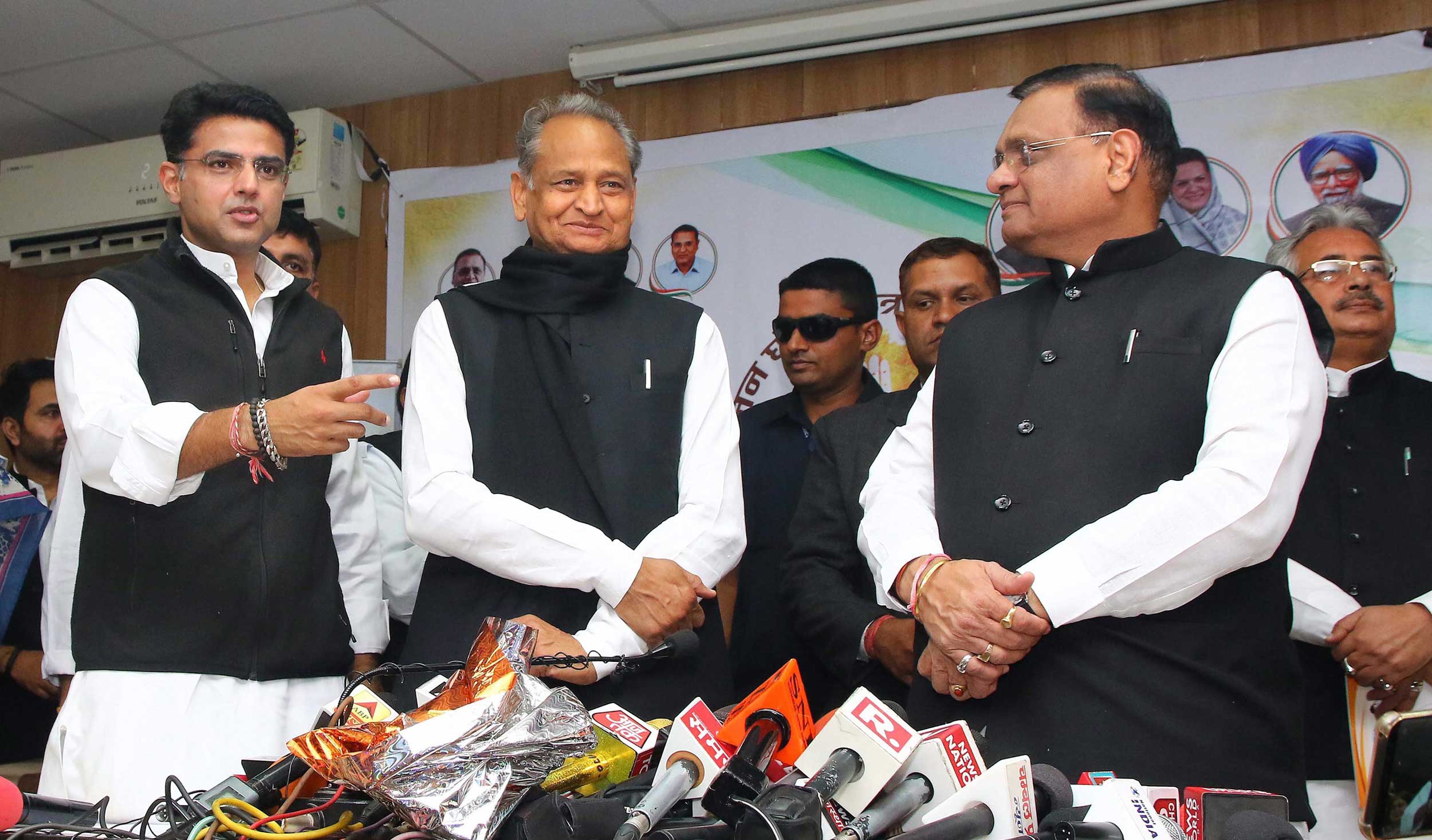A network of doctors plans to ask political parties to incorporate into their 2019 election manifestos pledges to address longstanding healthcare concerns, ranging from unethical practices to catastrophic medical expenses.
The Alliance of Doctors for Ethical Healthcare (Adeh) is set to release this week an “Ethical Doctors’ Manifesto” that its members say is aimed at escalating the significance of such healthcare concerns for political parties and the electorate.
The manifesto, which is yet to be finalised, is likely to outline broad principles to address concerns about low government spending on healthcare, the largely unregulated growth of the private healthcare industry, and regulatory inaction leading to irrational practices and high costs, alliance members said.
“We’re seeing a churning in healthcare — politicians are more aware of some health issues now than they were earlier — but we need big changes in policies and actions,” said Arun Gadre, a gynaecologist in Pune and founder-member of the alliance.
“We want political parties to put our doctors’ manifesto into their own election manifestos,” he said.
The alliance, established in 2015, is a network of about 200 doctors who share concerns that the ethical standards in healthcare practices have fallen over the years and are campaigning for government intervention to reverse those trends.
“We’re unhappy about the standards of ethics in healthcare,” said Samiran Nundy, a senior gastrointestinal surgeon in New Delhi and alliance member in New Delhi. “A manifesto from doctors could help sensitise politicians about what needs to be done and people about what they need to ask for.”
Alliance members said the Narendra Modi government had responded selectively to some concerns in healthcare although, they added, not in the best possible way.
In February 2017, the Modi government had imposed price controls on coronary stents, capping at around Rs 30,000 the prices of devices earlier sold at Rs 150,000 or even higher. In August 2017, the government imposed a range of price caps on knee implants.
Earlier this year, the government launched the Ayushman Bharat National Health Protection Mission that provides poor households a hospitalisation cover of Rs 5 lakh a year.
“We’ve criticised the insurance-based models that Ayushman Bharat has adopted. We will continue to criticise it but it is a step towards providing 40 per cent of our population hospital cover,” Gadre said.
“The price caps on stents and knee implants also show that the government is responding to people’s needs,” he added. “The manifesto will outline what needs to be addressed at a fundamental level instead of this piece-by-piece approach. It will also propose alternative strategies that can be adopted to move towards universal healthcare.”
But alliance members also say that their appeals to the government for regulatory interventions to curb practices that inflate healthcare and medicine costs for patients remain unheeded.
Gurinder Grewal, a physician in Ludhiana and former president of the Punjab Medical Council, had last year sent the government pharmaceutical industry documents to show how maximum retail prices of medicines are fixed to help hospitals earn profits on each tablet or injection sold.
“We want strict action against such unethical practices and other forms of corruption in healthcare and medical education,” Grewal said.











